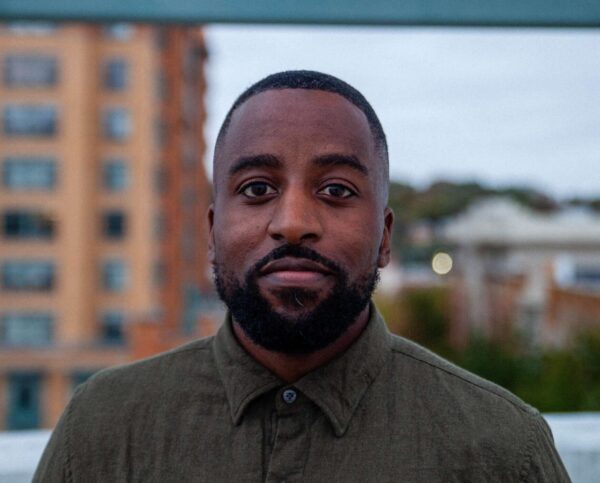I was wrong, even though I was right.
I was in Middle School and had just received a math test back flooded with red ink and a circled red score that looked like a sad cherry on top. I stared at it while a mixture of anger and confusion simmered. I was convinced that my answers were right—every one of them. I walked up to the teacher to protest. I told her that right answers deserved better cherries than the one she gave me, or something like that.
She didn’t even look up when she responded, “Your answers were right but my grade is right too because you didn’t show your work.”
I was wrong, even though I was right.

In our country’s history, we can easily see that race and racism has presented problems that we have not figured out yet. Some of us have thrown up our hands in despair and quit trying. Some of us have rightly pointed to the finished work of Jesus Christ as the solution to this problem. Christians have always believed this. Not too long ago, however, many churches pointed to Christ as the answer to the world’s problems while doing violence to black and brown people and excluding them from fellowship. We have pointed to Christ’s work as the answer to the problems that we face, yet when it comes to racism, we haven’t always shown our work. We have not always seized the opportunity to shine the light of the gospel in this specific area so that others may see our good works and give glory to our Father who is in heaven (Matthew 5:16).
As a result, racism, violence, and discord has served as our strange fruit; a sad cherry on top of a correct answer. We have been wrong even though we were right.
Faith should show gospel work in the details of our lives as we face the problems of the world, including the areas of race and racism. How and where do we do this specifically? Here are two ways:
We show how the gospel creates unity.
Ephesians 4:1-3 applies here:
I therefore, a prisoner for the Lord, urge you to walk in a manner worthy of the calling to which you have been called, with all humility and gentleness, with patience, bearing with one another in love, eager to maintain the unity of the Spirit in the bond of peace.
Sadly, we have all seen how conversations about race have promoted division rather than unity. We all too easily drift towards those people who will affirm our views. We hesitate to reach across the aisle to people who may not agree with us. However, when we give our lives to Christ, he tears down the hostile walls that incidents like these erect (Ephesians 2:14). In Christ, we have the resources to pursue unity.
Eagerness to maintain the unity of the Spirit involves intentional effort. The cultural climate around race didn’t happen by accident. If racism is the work of sinful intentions, it is time to show some work intentionally driven by the gospel.
So, we pray for unity (John 17:20). We work for unity (Ephesians 4:3). We’re willing to have hard conversations. We humbly pursue those who may not share our views. We ask questions, seek clarification and are willing to be sharpened rather than seeking to be right.
We show how the gospel creates empathy
Romans 12:25 tells us to “Rejoice with those who rejoice, weep with those who weep.”
Pastor HB Charles Jr recently gave some great commentary on this verse. He said, “The Bible exhorts us to weep with those who weep. It doesn’t tell us to judge whether they should be weeping.”
Jesus demonstrated this kind of empathy. Here, Jesus was confronted by his friend Mary who had just lost her brother. She blames Jesus, saying, “Lord, if you had been here, my brother would not have died” (John 11:21). It is interesting to see Jesus’ first move. He does not critique or dismiss her grief. Jesus could have told her to stop crying because her problem really was not a problem. After all, Jesus was about to raise Lazarus from the dead. However, the text says that Jesus was deeply moved and that he wept with her. Like Jesus, our first move should not be to critique or dismiss pain. It should be to cry tears of empathy. When we do this, we mirror our Savior.
I’m grateful that we serve a Savior who, in empathy, identified with us and for unity died for us. May we imitate our Savior. The world is watching. They need answers and the church has them. Let’s show our work together.
Prayer Requests:
- For an eagerness to maintain the unity of the Spirit in the area of race and racism.
- For deeper relationships with those who are different than us. Of course, there are larger, systemic issues, and yet we know that systems are changed by people and people by relationships.
- For deeper empathy toward those who are suffering, even when we don’t understand.












